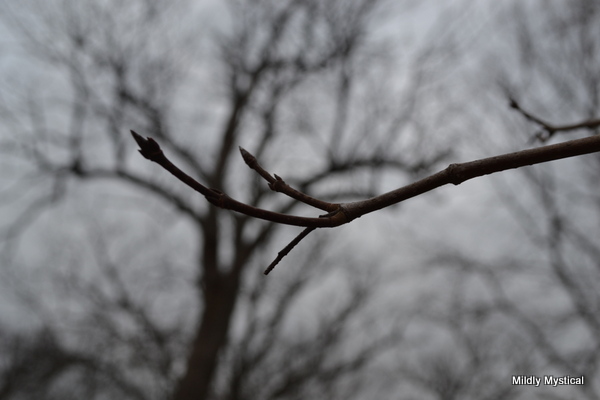Over the weekend I attended a talk by Ann Belford Ulanov, sponsored by the Greater Cincinnati Friends of Jung. I’m still absorbing and processing the ideas she shared in her presentation, which shared the same title as her latest book, Madness and Creativity. She also drew from a previous book, The Unshuttered Heart: Opening Aliveness/Deadness in the Self, as well as unpublished work in progress. I can’t begin to summarize what she had to say, but following are some of the points she made, and some of the questions she asked, that remain with me.
Ulanov spoke about the difficulty and the rewards of being fully alive, when we risk “living with openness and engagement, bringing a sense of expectancy to our days, paying attention to our lives, and appreciating the ways we are touched by kindness.” A Buddhist might call this a state of being awake. “Our living fully alive makes oxygen for other people,” Ulanov said. “We make something of our experiences and let them make something of us.”
In this state of wakefulness we find the clarity to engage with the important questions. “To what do we all belong?” is the question of our century in Ulanov’s view. Perhaps by this she meant the question of what we truly share in common, or what is most important about human life and identity, or what is the nature of this universe in which we find ourselves. Neither the church nor the state can answer it for us, and the question permeates our lives at different levels.
It occurs to me that during this tournament season we answer it at one level by wearing the colors of our favorite teams, enjoying a sense of identity with a school or a region. The passion of sports fans shows how relevant the question of belonging is. But when we consider what we might all belong to, the inquiry is more difficult.
As we look around at the world in which we live, and look within to wonder at what we are and what our lives mean, we often find more questions than answers. Ulanov condenses those questions to “What are we living for, and what is worth dying for?” “What is the something more?”
Perhaps an alternate way of considering where we might find the “something more” is in yet another question posed by Ulanov: “Where is God hiding out?”
She suggests that our answer to where we might find God comes through the clues that the psyche offers. If we pay attention to what’s happening in both our inner and outer life, we find instances of resonance and meaning. From beyond the borders of the small version of our lives come new ways of seeing the world and ourselves. Growing beyond our old habits of thought we experience the renewing of our minds, and a renewal of life in accord with what really matters. The spark of life we sense in a conversation, in the spirit of a particular group of people, in the power of a certain image, or in the energy surrounding a certain kind of work, can be an arrow pointing us in the right direction.
We are looking for where we can “plug in,” Ulanov said. How can we access the energy of engagement with life? We miss living with a sense of aliveness and wonder. When we feel exhausted, deadened, cut off from our creativity, we know life can be more than this. “Where is the ignition switch?”
Ulanov posits that we find aliveness, and find God, “in the tiny scintilla that appear in the darkness; the dots of light, bright and hopeful; in the scraps, in the small.”
In this way the deadness, or even the “madness,” that burdens our lives has a positive side. It drives us to find and cling to those scraps of aliveness, to connect the tiny points of light. Even the bleak times come to us in service to the fullness of life and point us toward wholeness. Deadness can point to aliveness, and madness can burst into creativity. The desolation that spurs us to investigate and address its cause takes us to a place Ulanov likens “to the edge of the map of the known world, looking for a connection to the monsters beyond. Crossing this bridge between the known and the unknown is aliveness.” At its best, religion can serve to stabilize this bridge.
Following our own path as wholeheartedly as we can, noticing the places where we feel most alive, is how we find the “something more”—the small places of encouragement where, for us, God may be hiding out.


I really enjoy reading your blogs, and I find this one especially interesting. I like the idea of connections, those that serve to bring us forward in our soul’s evolution, even if the connection is accompanied by difficulties. I ran across a line recently attributed to “Brother Andre” (someone with whom I’m not familiar), but he is to have said: “If we knew the value of suffering, we would ask for it.” While I’m not brave enough to ask for it, it’s easy to see that God is least hidden and most visible when we suffer and when we look for points of light to lead us out of a particular darkness to being fully alive to our own lives. Thanks for an excellent blog!
I’ve just finished “Cinderella and Her Sisters: The Envied and the Envying” by Ulanov and it has been a life-changing read. One of the things I got from it was her idea of evil as choosing anything that denies the good/God – including envy, which is really a sense of disconnection from the good. She makes a similar argument there, that envy can actually be a signpost pointing us to the good.
I now want to read pretty much everything she’s ever written!